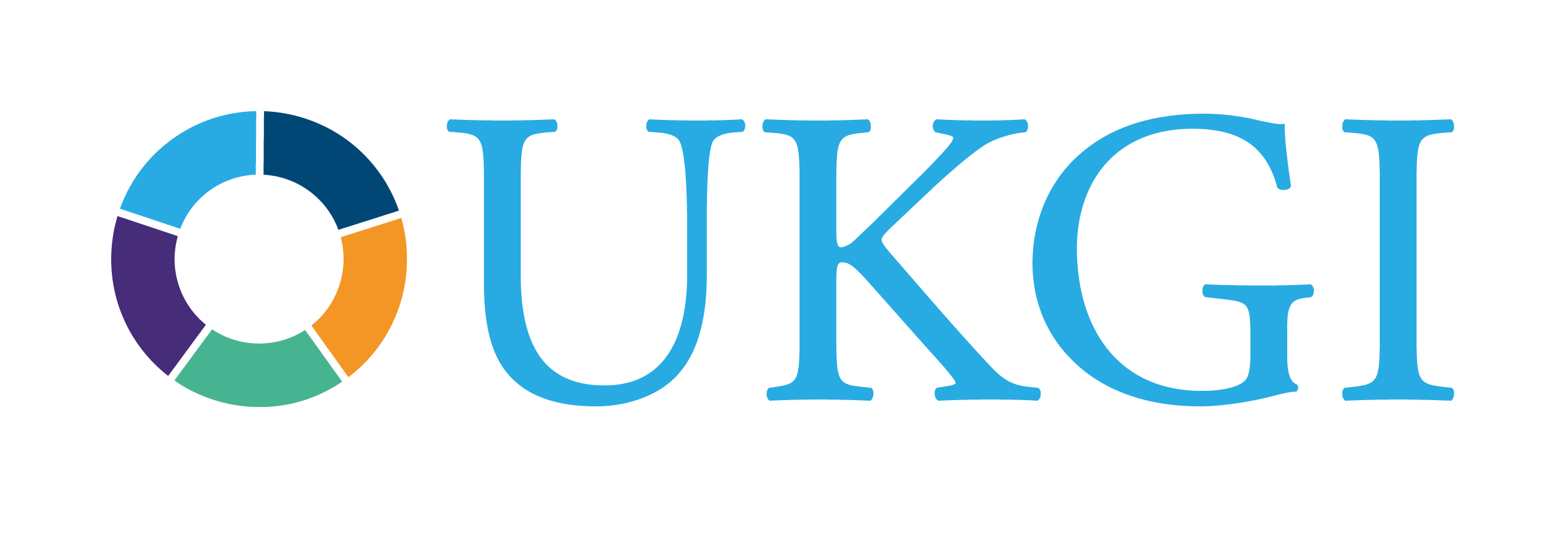BIBA has again urged the Government to revise its position on Insurance Premium Tax following the release of another record annual UK provisional tax receipt figure.
BIBA previously called on the Government to intervene on IPT in its Spring 2024 budget submission to the Treasury; Chief Executive Graeme Trudgill later remarked that Government had “missed an opportunity” by not including action om IPT in the Spring 2024 budget.
In response to a release of the £8.1billion provisional tax receipt figure by HMCR – a record annual total for the third year running – Trudgill reiterated via a LinkedIn post BIBA’s call on the Government to:
- Cut headline rate of IPT from 12% to 10%.
- Exempt from IPT insurance premiums for multi-occupancy residential buildings that require, or are undergoing, remediation.
- Exempt from IPT cyber insurance premiums to increase uptake.
- Align IPT on travel insurance with standard rate, ending the anomaly whereby 20% is applied.
Trudgill continued:
“IPT is a regressive tax that hits the poorest hardest and acts as a barrier to the take up of adequate insurance at a time when people are increasingly vulnerable because of the cost of living and businesses struggle to manage costs because of inflation.”
Despite the insurance sector having contributed record amounts to Government revenue due to inflation triggering a rise in premiums, Trudgill noted that soaring costs have led businesses to cut or reduce key financial protections, thus “reducing consumers’ and businesses’ resilience, exposing the wider economy to greater potential shocks and reducing the level of economic growth we can achieve.”
In February 2024, the ABI’s Director of General Insurance Policy, Mervyn Skeet, echoed BIBA’s stance: “[T]his tax […] penalises people and businesses for being responsible […] [and] hits the poorest hardest because they typically spend more on insurance, such as home and motor cover, as a proportion of their income. There has never been a better time for the government to show its support to the millions of homeowners and businesses who do the right thing by buying insurance. We should cut IPT now.”
Firms should ensure that business protections, such as cybersecurity cover, remain intact and continue to advise customers according to their need and risk, as opposed to affordability; they should monitor and support vulnerable customers, and ensure all products and services deliver fair value and support good customer outcomes.

